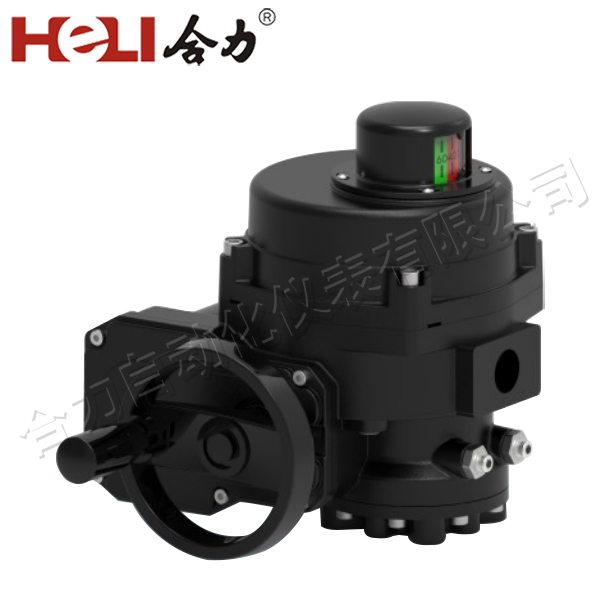exploring hydrogen energy electrical installation: the future of sustainable power
Release time:2025-01-13 13:53:30
As the world shifts towards renewable energy sources, hydrogen energy emerges as a promising contender for sustainable power generation. Hydrogen, the most abundant element in the universe, can be harnessed through various methods to produce clean energy, primarily through electrolysis. This article explores the significance, process, and future of hydrogen energy electrical installations, underscoring their potential in revolutionizing energy systems.

Understanding Hydrogen Energy

Hydrogen energy refers to the energy derived from hydrogen, which can be used in fuel cells or combustion engines to produce electricity, heat, or power vehicles. Unlike fossil fuels, burning hydrogen produces only water vapor as a byproduct, making it an exceptionally clean energy source. The key to utilizing hydrogen energy lies in its production, storage, and conversion into electricity.
The Electrolysis Process




